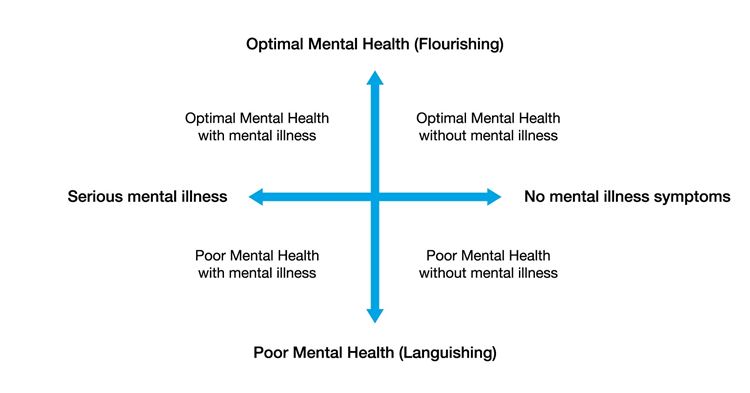Mental health
Are you experiencing a mental health condition?
If you are, you are not alone. According to the Australian Institute of Health and Welfare, 1 in 5 Australians are currently living with a mental health condition, and 2 in 5 will experience a mental health condition in their lifetime. Therefore, it is important our customers understand our approach to supporting those with a mental health condition.
If you need more information or guidance on the support available for mental health conditions or grief, please contact us.
When it comes to mental health and life insurance there can be a lot of misconceptions but having a mental health condition does not automatically exclude you from taking out a life insurance policy or making a claim on your policy. At TAL, we are here to support you on your life insurance journey alongside your mental health condition.
If you are in crisis and need immediate help, please call Lifeline on 13 11 14 or call 000.
Understanding mental health
The World Health Organisation defines mental health as a state of wellbeing in which every individual can cope with the normal stresses of life, can work productively and fruitfully, and is able to make a contribution to his or her community. This is a positive concept that incorporates social and emotional wellbeing.
The Australian Government Department of Health defines mental illness as a health problem that significantly affects how a person feels, thinks, behaves, and interacts with other people. It is diagnosed according to standardised criteria. The term mental disorder is also used to refer to these health problems.
The separation into distinct concepts is important as an individual may experience positive or negative ‘mental health’ and ‘mental illness’ at the same time, as displayed in the Dual Continuum model of Mental Health:

